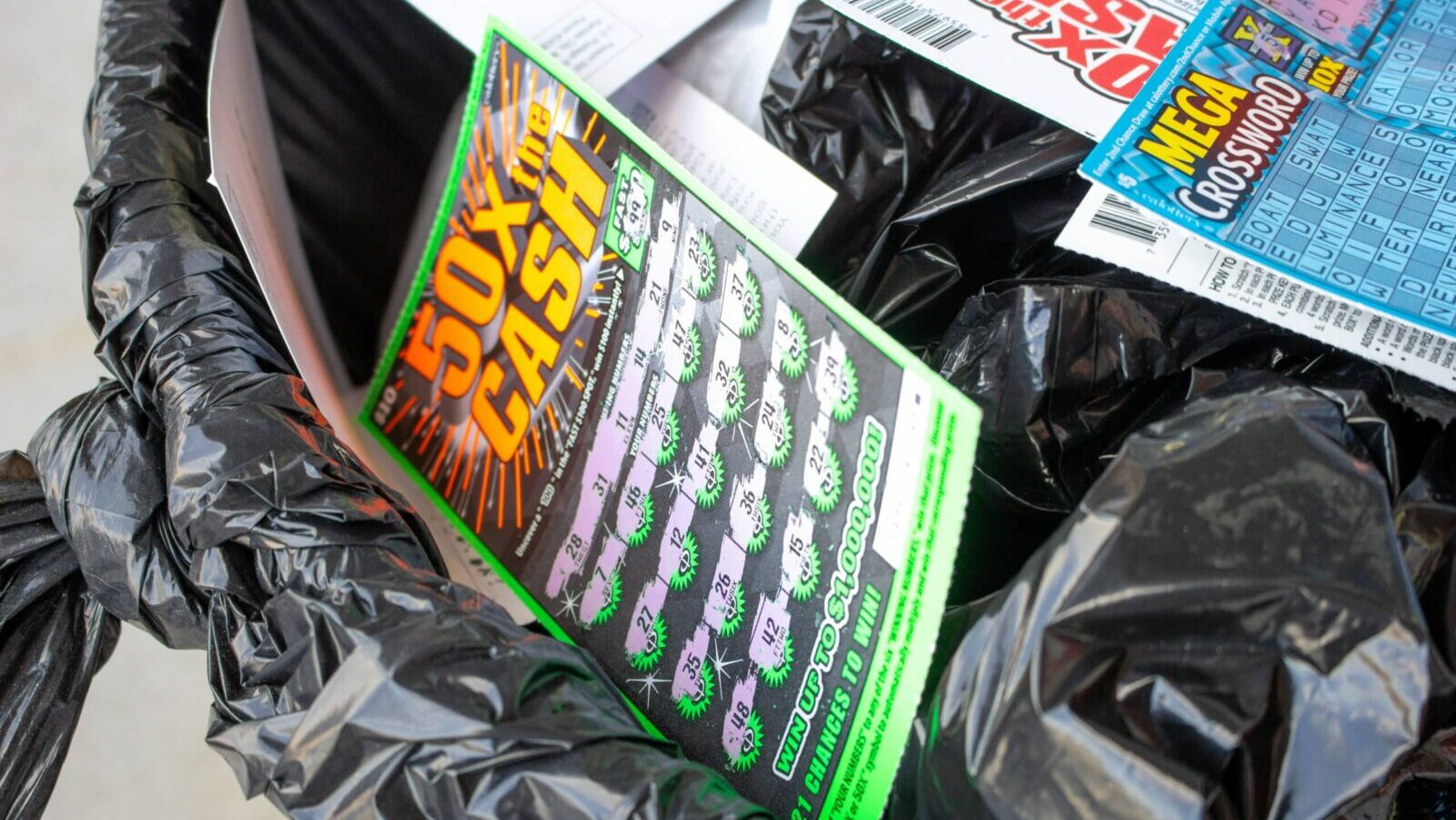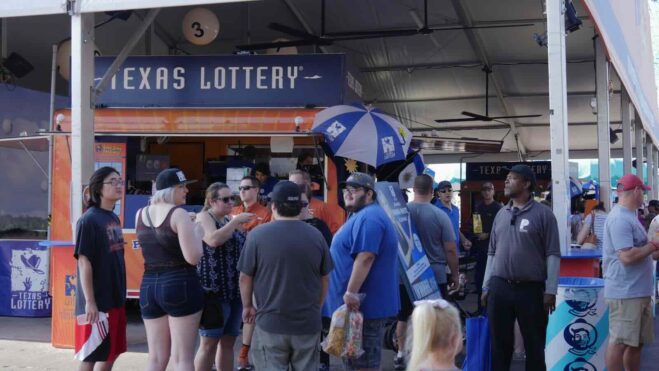The concept of lotteries has been around for ages. In ancient China, lotteries were used to fund projects like The Great Wall. Pharaohs in ancient Egypt used draws to distribute land among their subjects. The Roman Empire offered the equivalent of modern-day prize raffles to help pay for expensive roads and architecture. As long as humans can conceptualize monetary gains and put them into action in their daily lives, people will always be playing their local lottery, which is why massive prize-laden lotteries such as the Powerball, Mega Millions, and Max Millions are still huge attractions to this very day.
The lottery isn’t the only way to make money in modern-day North America, though. Risk-takers can go to the racetrack to bet on the horses or walk inside the casino to test their luck at the slots. That doesn’t work? They can sit at the blackjack table and give the dealer a run for their money.
Although the idea of playing games of chance or messing around at the racetrack isn’t novel — they’ve been around for centuries — for the longest of times, these activities were often labeled as taboo, primarily when the ills of gambling led to the rigging of America’s favorite pastimes. Within the last 60-70 years, all these activities have become more or less legal in North America. Meaning, such vices as gambling had become somewhat socially acceptable.
The lottery companies are now being given a run for their money, with Americans spending nearly four times as much on casino-related betting than on any form of lottery ticket. Now, there are even more competitors in the gambling sector.
Sports betting in North America has been a touchy subject for the longest time. Many found ways to bet on sporting events through the “gray market.” At the same time, a select few could legally wager in places like Las Vegas. Now, sports betting has been widely legalized across the U.S. and Canada.
With regulated sports betting growing rapidly in terms of its share in the market, other competitors in the sector are trying to find ways to maintain their market share.
Lottery Geeks wanted to investigate if it would be possible for lottery companies to compel professional sports bettors to spend significant amounts of money on lottery-related products.
When initially embarking on this task, the answers Lottery Geeks obtained were mainly like Are you crazy, mate? No way, I’m not that stupid.
The line of questioning was silly to some, but why exactly was that so?
Lottery Geeks sat down to speak with Canadian professional sports bettor and wagering mentor Josh Lucca (commonly known as SecretSharpSociety on social media) to talk about why sports bettors find playing the lottery to be such a “dull” proposition.
For clarity, with the influx of want-to-be gurus and social media influencers, Lottery Geeks was able to verify Lucca’s credentials independently and through third-party sources. In layman’s words, Lucca is who he claims to be.
A professional sports bettor like Lucca said he always tries to teach people the proper way to bet. “As a sports bettor, we aim to become profitable and make money. We can virtually bet on anything and everything,” he said. “Many people wager on sports recreationally just trying to win that massive parlay. I like to explain to people how they can become profitable sports bettors by following bankroll management and having a winning system in place. Avoiding the common pitfalls of a casual bettor.”
When Lucca considers making a wager, he investigates many things to find an edge. Lucca doesn’t like using mainstream trends widely available on the internet and social media. He likes to find exploits in specific betting markets with long-term proven success at “cashing.” Doing right by his process takes time, know-how, and energy. The sad part is even if he puts all the time into his decision-making process, his bets can still be unsuccessful.
Why not test his luck at the lottery, then? “Personally, I think winning the lottery would be virtually impossible,” Lucca said. “The odds of winning the Lotto 6/49 are one in 13.9 million — not to mention the one in 33.2 million chance of winning the Lotto Max. Let alone the odds to just even win a free play. It ranges from one in eight to one in 12.”
To Lucca, sports betting is a way safer proposition.
“With sports betting, technically, every single wager has a 50/50 chance of winning or losing,” he told Lottery Geeks. “Using my system, I can make wagers that have a higher chance of winning short- to long-term. Sure, luck is involved, but believe it or not, sports betting is not purely luck-based. It’s a skill to be able to find the right bet.
“When I’m sports betting, I look for mainly -110 or +100 odds. That way, you double your money most of the time. If you lose a wager, you just need to win another to break even and win more than you lose to become profitable. The decision is all in your hands.
“With lottery tickets, as I said before, it’s hard enough to win a free play. It’s purely luck and random outcomes you can’t control or predict. Somebody who plays lottery tickets trying to make money is doing the exact same thing as someone who only bets longshot 10 to 15 leg parlays at incredibly massive odds where you could turn $10 into $100,000 or even millions.”
When asked if a lottery company like the Ontario Lottery and Gaming Corporation were to offer a wager with a more winnable outcome, like let’s say the 6/49 created a pool where customers could bet on the outcome of how many winning numbers were to be even or odd, would he see himself betting on such a proposition?
In response, Lucca told Lottery Geeks, “Honestly, probably not. It doesn’t sound too enticing to bet on that. Sure, your odds may be better than winning the lottery itself, but regardless, with sports betting, we get entertainment by being able to watch the sporting events unfold. Nothing is more fun than watching your bet cash live.”
When questioned further, Lucca said that even if such a bet were made possible, he just couldn’t see the value in playing. The numbers would be randomly drawn, making looking for a specific outcome harder. To him, it would just be “guessing for guessing’s sake.” Lucca believes that once more people see the earning potential of betting on sports through systematic methods, it will be hard for them to justify playing the lottery.







